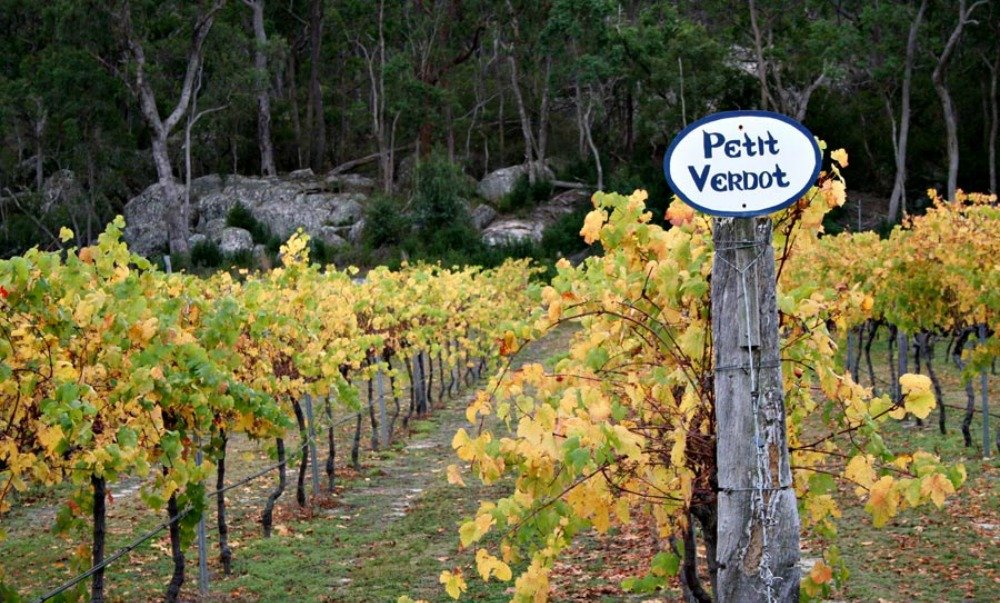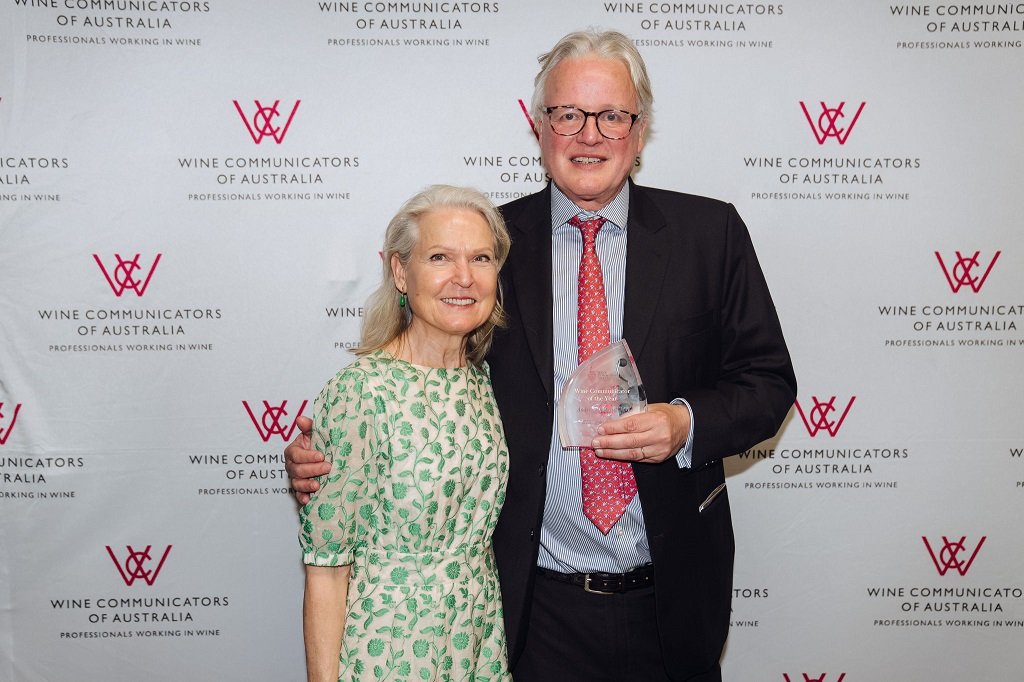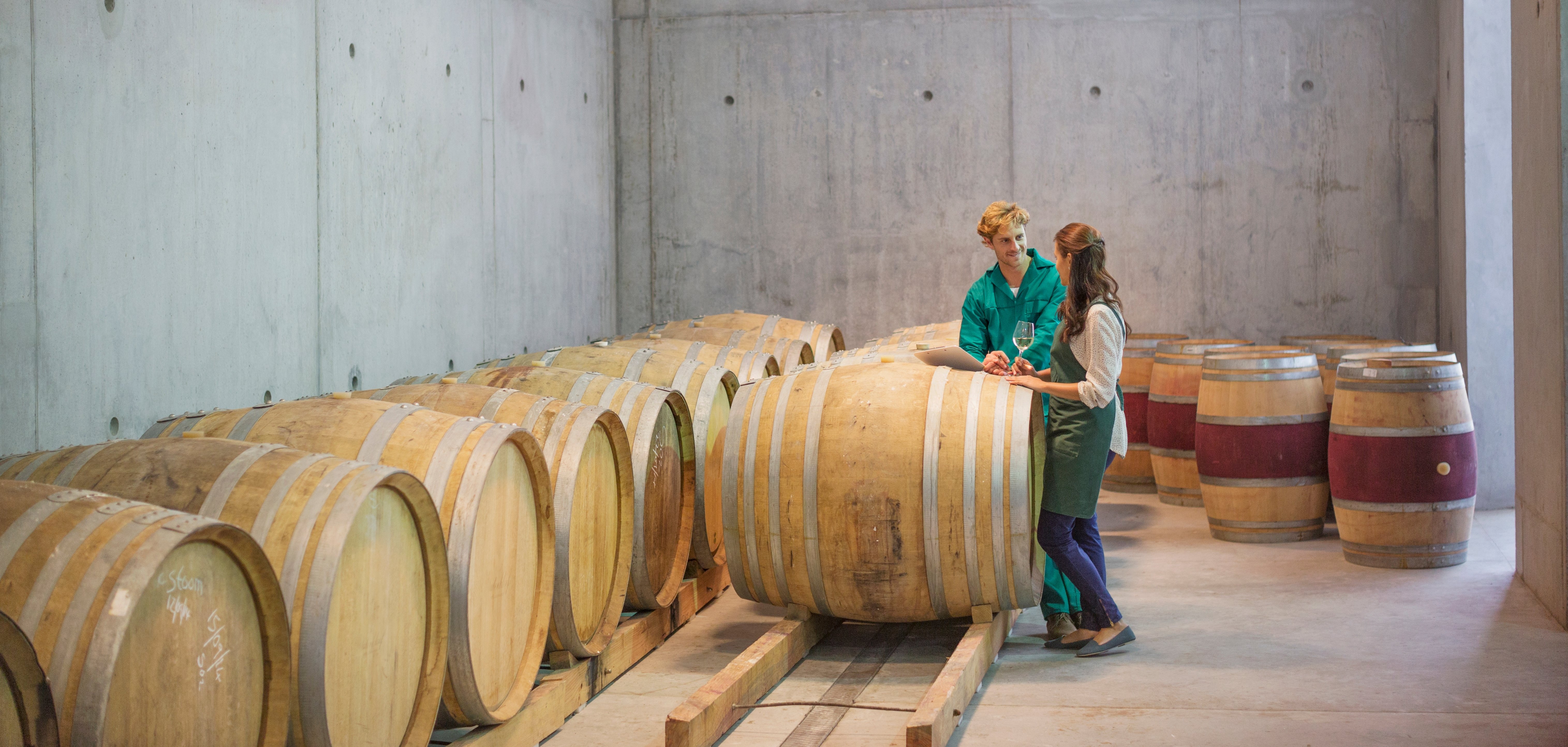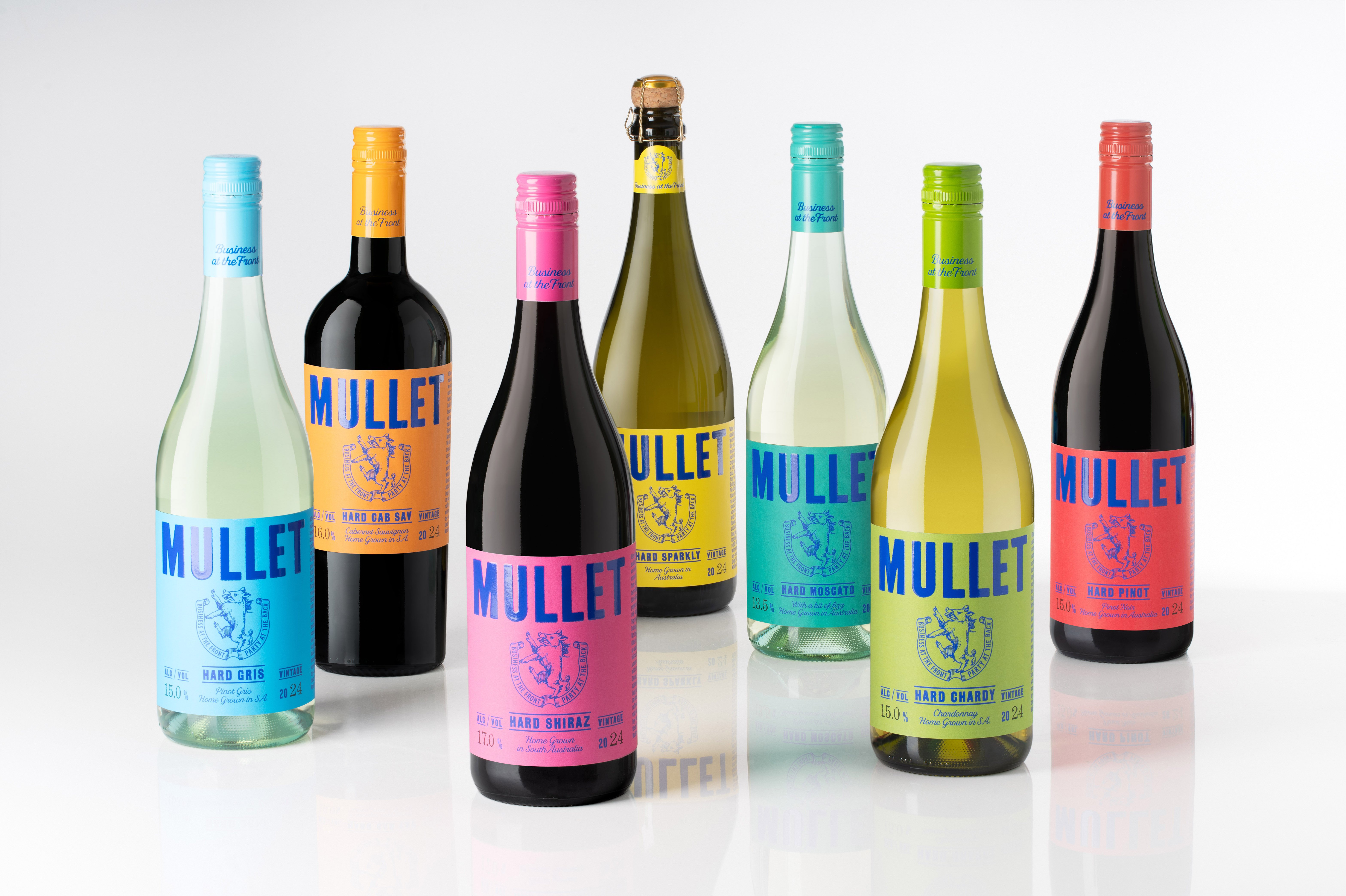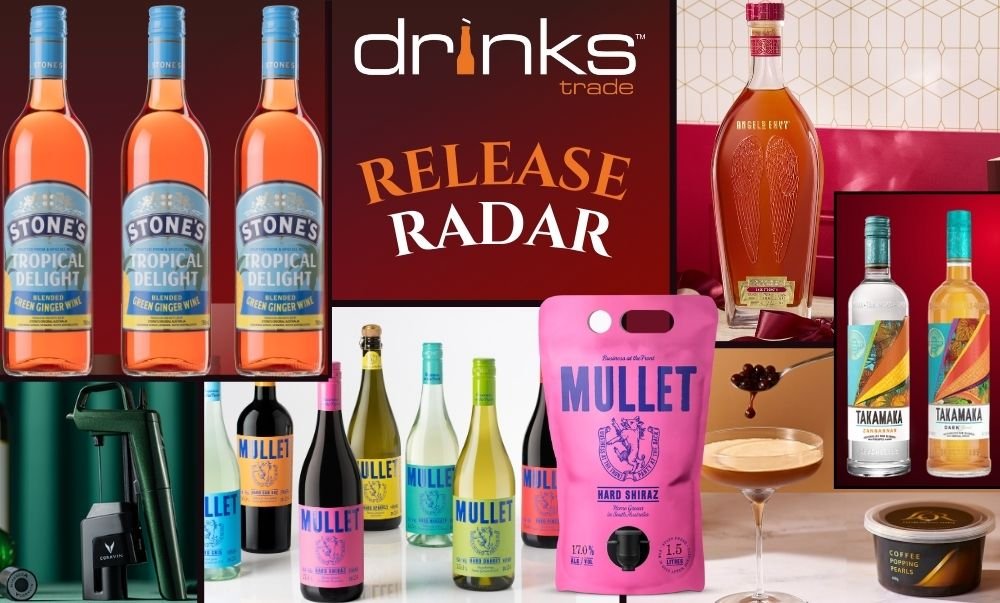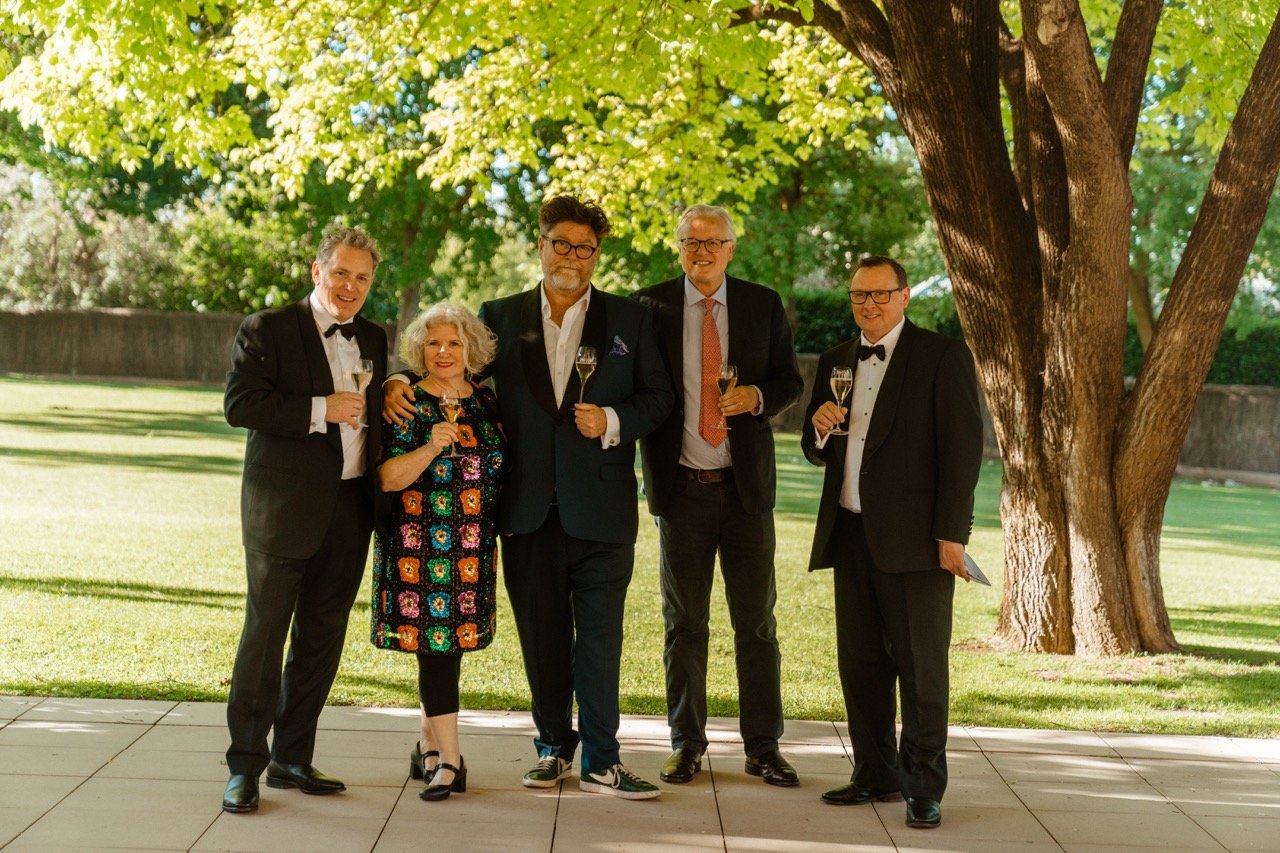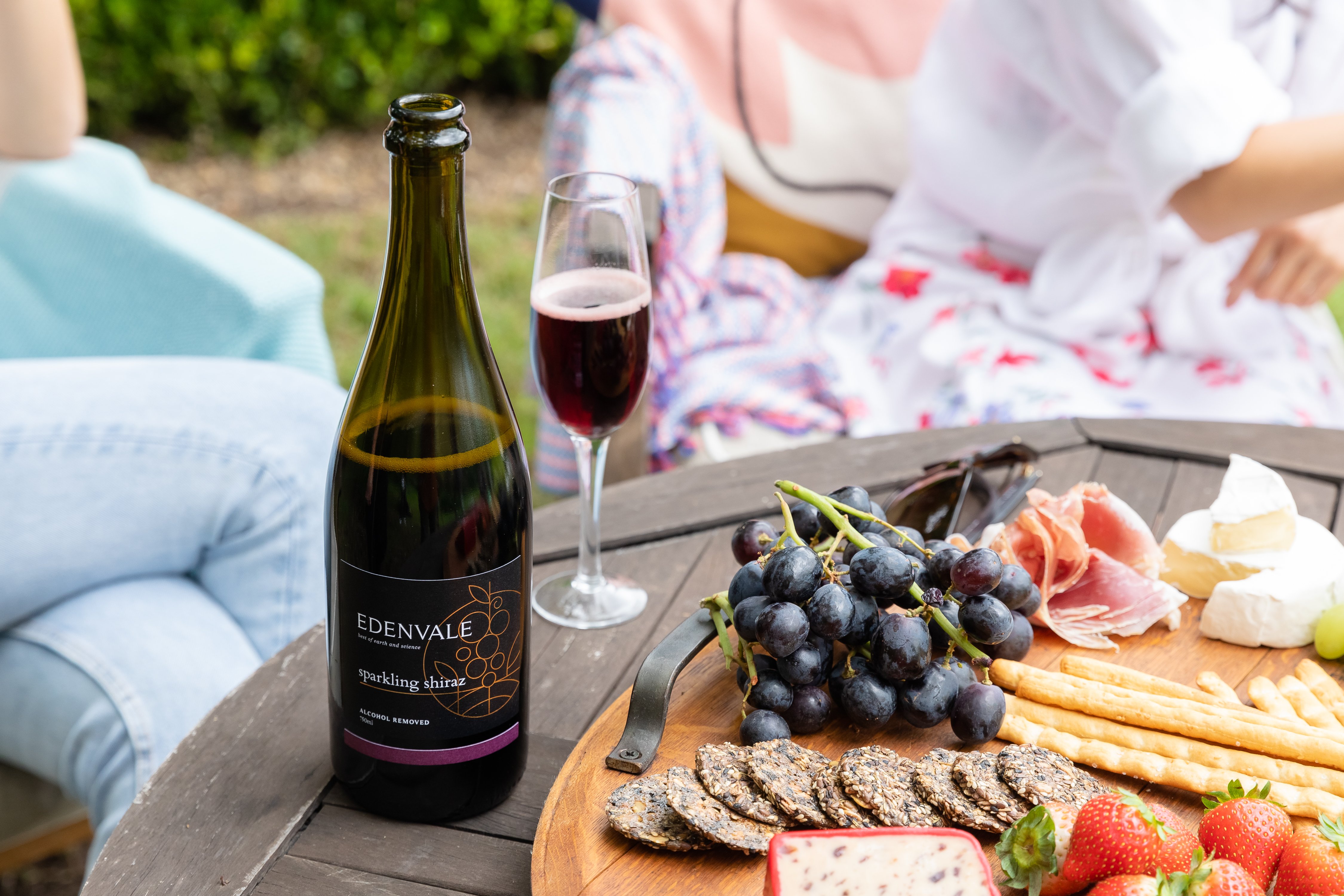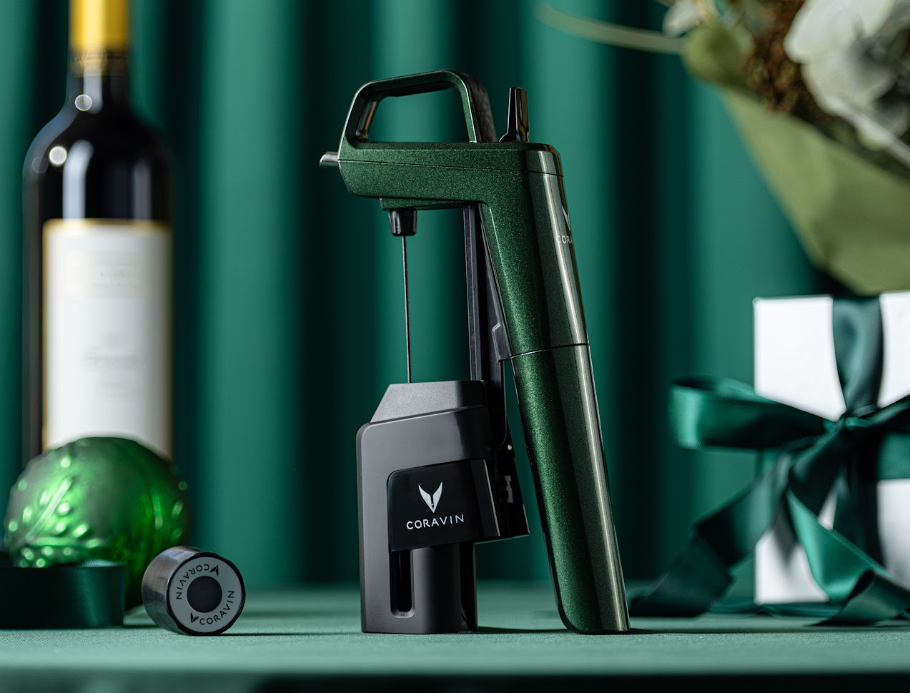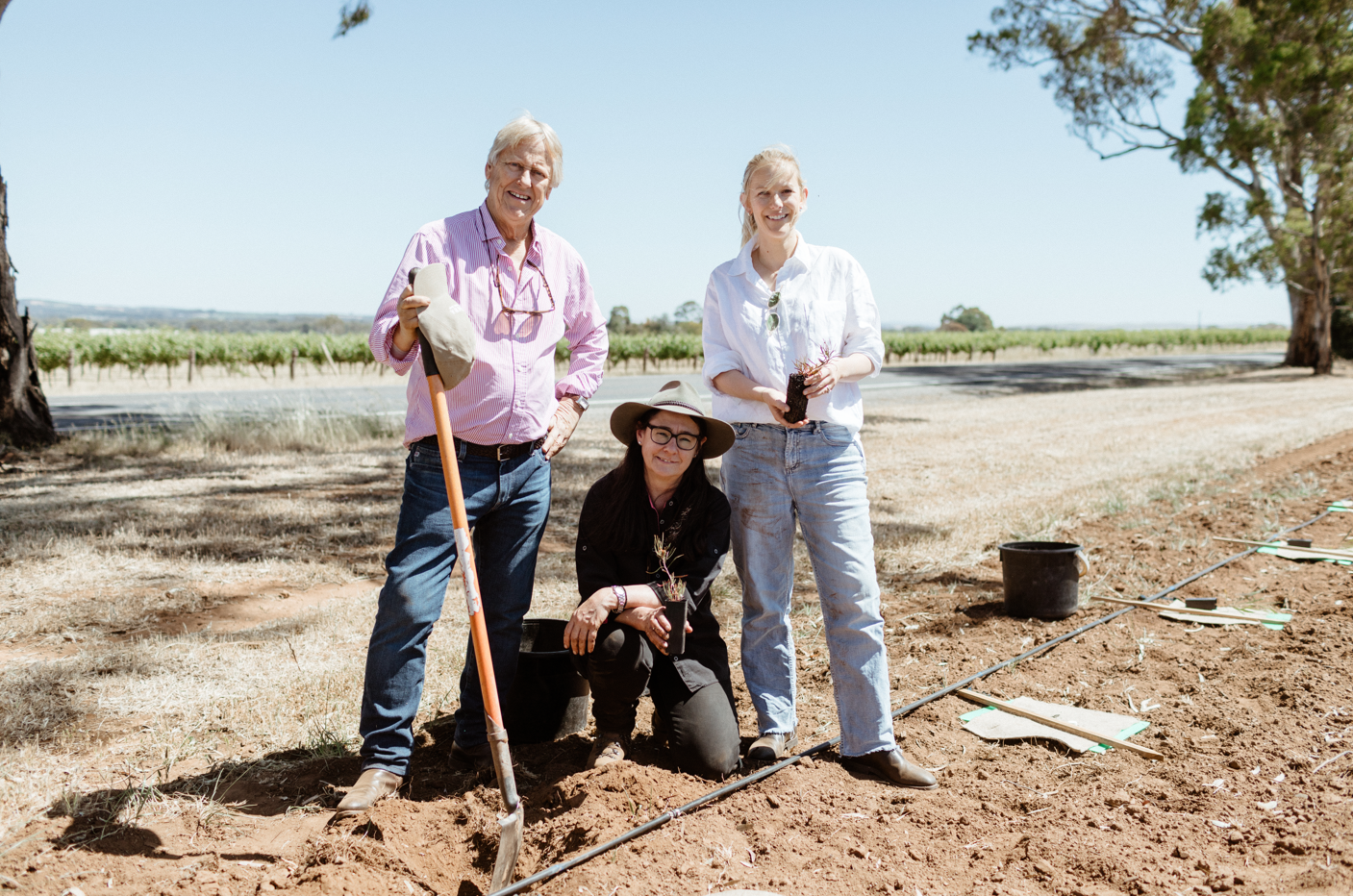It’s home to one of Australia’s oldest winemaking regions, but consumers don’t usually associate Queensland with fine wine.
However, the State’s Granite Belt is finally bucking that misconception, with a Queensland winemaker making it to the Final 12 of the Young Gun of Wine Awards this week.
Andrew Scott from La Petite Mort winery secured the first ever Final 12 place for Queensland in Young Gun of Wine's 13-year history.
He’ll compete for the title of 2019 Young Gun of the Year at The Young Gun of Wine Awards to be held on June 3 at a presentation in Adelaide.
The La Petite Mort is part of the Bent Road Wine Family in Ballandean. It specialises in producing small batch, experimental wines with minimal wine making intervention and put into bottle without filtering or fining to allow the raw essence of Scott's experimentation to shine through.
The winery notes: “Perched on the western reaches of the Great Dividing Range at an altitude of over 750m, many people are surprised to discover that our climate is both cool and continental - in fact, Ballandean is one of the coolest growing regions in Australia. This cool climate - and possibly our taste for European wines - lend subtlety and elegance to our wines, often expressing spicy, savoury notes and generally lower alcohol than some of our broader 'Southern Sisters'.”
The Granite Belt is about 215 kilometres south-west of Brisbane and stretches for about 60 kilometres. It's filled with dozens of wineries and cellar doors.
While Australia’s first ‘official’ Australian wine region was planted by Captain Arthur Phillip in Farm Cove, NSW, in 1788; the second region planted was the Granite Belt in 1820, preceding Victorian and South Australian regions by more than 15 years.
The Granite Belt excels in alternative styles. While it produces mainstream wines such as Shiraz, Cabernet and Chardonnay, it has also planted varieties such as Fiano, Vermentino, Chenin Blanc, Savagnin, Barbera, Graciano, Durif, Nebbiolo and Tannat.
As a result, the region’s winemakers have dubbed themselves the ‘Strange Birds’ of the Australian wine scene. Visitors are encouraged to explore the region by following one of its "Strange Bird Wine Trails".
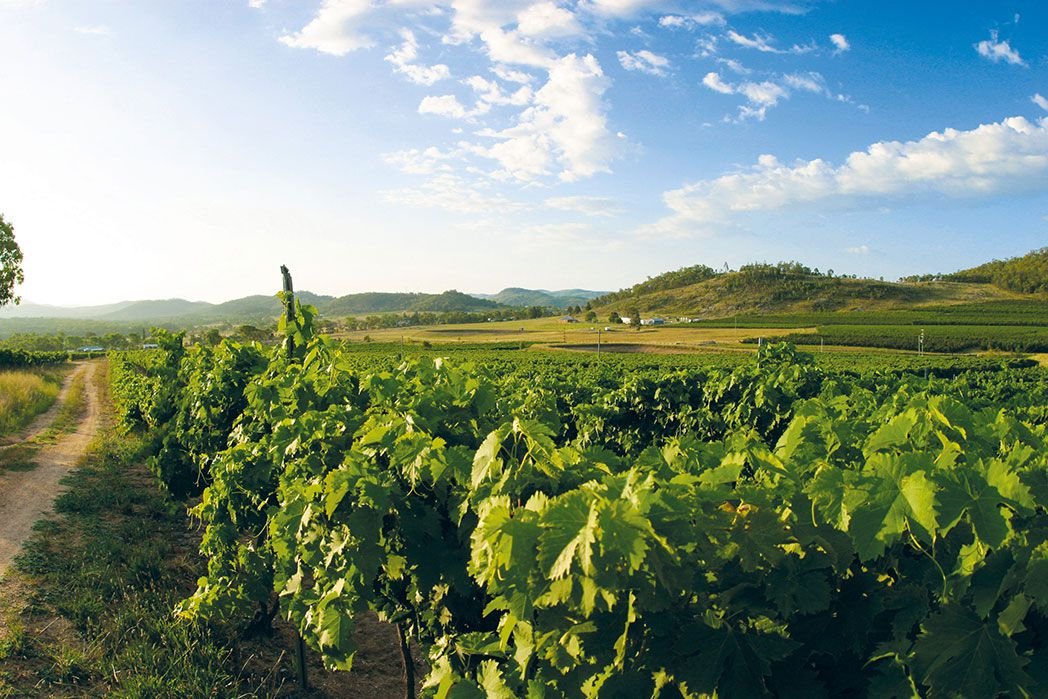
Queensland’s oldest working vineyard is Ballandean Estate Wines, which has been in the Cardillo and Puglisi family for more than 80 years.
Leeanne Puglisi-Gangemi from Ballandean Estate Wines has high hopes for this year’s Granite Belt vintage, despite climate challenges.
While it was warmer and drier than normal this year, it was still much cooler than other vineyards around the country, Puglisi-Gangemi told The Brisbane Times.
“The heat is bad, but the dry is good," she said.
“When it is dry there is no disease pressure, which means the fruit just happily grows along and we don’t have to spray it. We have hardly used any chemicals in the Granite Belt, because we just didn’t need to.
“The end result, which often happens in a dry year, is a low yield but excellent-quality fruit."
Australia’s $4.4 billion wine industry’s total grape crush for the year is expected to drop 5% from the previous year to 1.7 million tonnes, according to Rabobank's January forecast.
“We are down at least 30%," Puglisi-Gangemi said. "That is significant and means we have to make decisions about where those wines are going to go.
"All-in-all with the difficulty that we have had trying to get water to our vines to keep them happy and healthy, we have some amazing wines in sheds now. I think most people are pretty excited with what we are looking at for the 2019 vintage."
Pictured main: Sancerre Estate
Share the content
